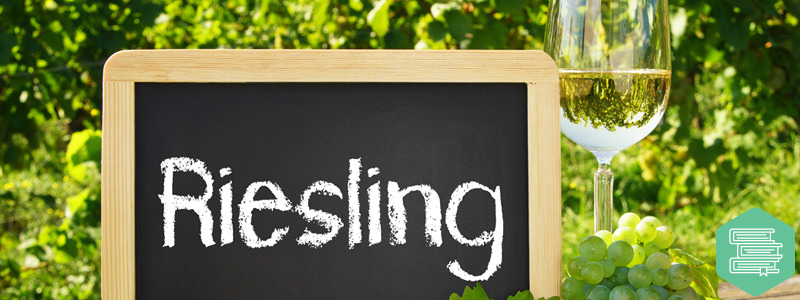Each month New York Times critic Eric Asimov is conducting a wine lesson for his readers. Our writer Sara Ivry is participating and writing about the experience for VinePair.
The other day I watched a World Cup soccer match. It was the US against Germany and I briefly recalled a match several years ago when Germany played Italy. I had gone with friends to a beer hall in Queens for the occasion. Fans around us seemed nearly feral—young men with German flags draped across their backs screaming their national anthem with such conviction their faces were red. Italians in blue jerseys gesturing wildly, mocking rivals, their black hair falling roguishly in their faces. I was rooting for Italy for different reasons—including, if I’m honest with myself and with you, a fear of things Teutonic. I have the Holocaust to thank for that. No, I didn’t experience it, nor did any of my close relatives, but its long shadow falls across modern Jewish history and I imagine I’m not the only Jew who gets a little nervous at its reminders.
In earlier World Cups, though, there had been the German goalie, a figure named Oliver Kahn who intrigued me as much for his defensive skills as for his strapping, muscular formidability. He was a marvel to watch. And he proved the ignorance of a viewpoint that posits that I should knee-jerkishly reject anything German.
Which brings me to Riesling, a wine I’ve ordered and liked from time to time, but in spite of myself. Perhaps all things German oughtn’t be verboten.
As per instruction, I removed the wine from the fridge about a half hour before I hoped to drink it. I prepped dinner (salad, some cheese, some pasta; I seem to lack to mealtime originality, I am aware), and got out my bottle opener. After enduring a few minutes of frustrated struggle, I realized this was no cork. This was, rather, a twist off cap and I felt lucky I didn’t draw blood from the flesh of my thumb as I stabbed at the label at the bottle’s neck trying to remove it to find the cork underneath.
Onward to the table and a glass of dry Riesling. It had the subtle perfume of an unsqueezed lemon—fresh and just over the border separating tart and sweet. It had that taste too—not overwhelmingly fruity, but snappy with a bit of a sizzle as it hit my tongue. It wasn’t a fizz as commanding as one Champagne delivers, but it was there and lingered momentarily after I swallowed, sometimes to greater or lesser degrees. There didn’t seem to be a science attached to it; that is, how sharp the fizziness was didn’t seem linked to what I ate or if I ate. It came and went seemingly at random.
I liked the Riesling’s snappiness. Was its combination of smooth texture with this kind of pop what Eric Asimov speaks of when he alludes to Riesling’s minerality? I suspect so. It’s a quality that provides a bracing grace note between bites—like taking a dip in a cold, clear pool between stints in a sauna. It had a staccato effect, breaking up the meal continuum so each moment is its own micro-story.
By the end of my meal, the wine had slipped into something sweeter, changed from the tart refreshment it initially offered. Does a rise in temperature cause such a change? Does it unlock flavors and pungencies that were previously suppressed? Is change in appetite a factor in this transformation? When I was hungry, the Riesling had a kick I welcomed. Once sated, that flair flared out and in its place arrived a more languid, almost sultry sweetness I would always rather do without. But that process took time. So then, ought I always drink my Riesling cold? Should I limit my Riesling intake to one glass consumed in short enough order that it never gets warm enough to become sweeter? Must I find a wine whose properties I enjoy from the start of my evening until its finish? Is it possible I am learning from wine school that I don’t like wine? Or that my affinity for it obtains only is in short stints—as short as the duration of one glass? I cannot image that is so—it seems a heretical theory. More like it is the case that this thinking about wine makes me forget to simply drink it and let emotions and tastes emerge as I do so. Until then—and for now, most critically—what to drink the next time I catch some of the World Cup?
Sara Ivry works at Tablet Magazine, where she hosts Vox Tablet, its weekly podcast on arts and culture. A longtime freelancer, she has contributed pieces to the New York Times, the Boston Globe, Real Simple, Medium, Design Observer, Bookforum and other publications.
Header Image via Shutterstock.com

